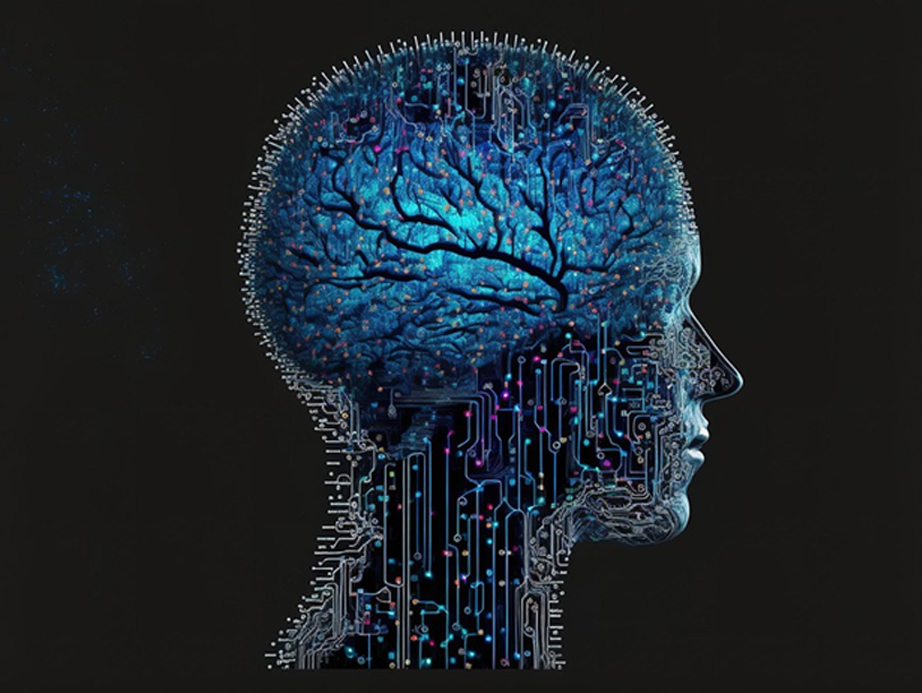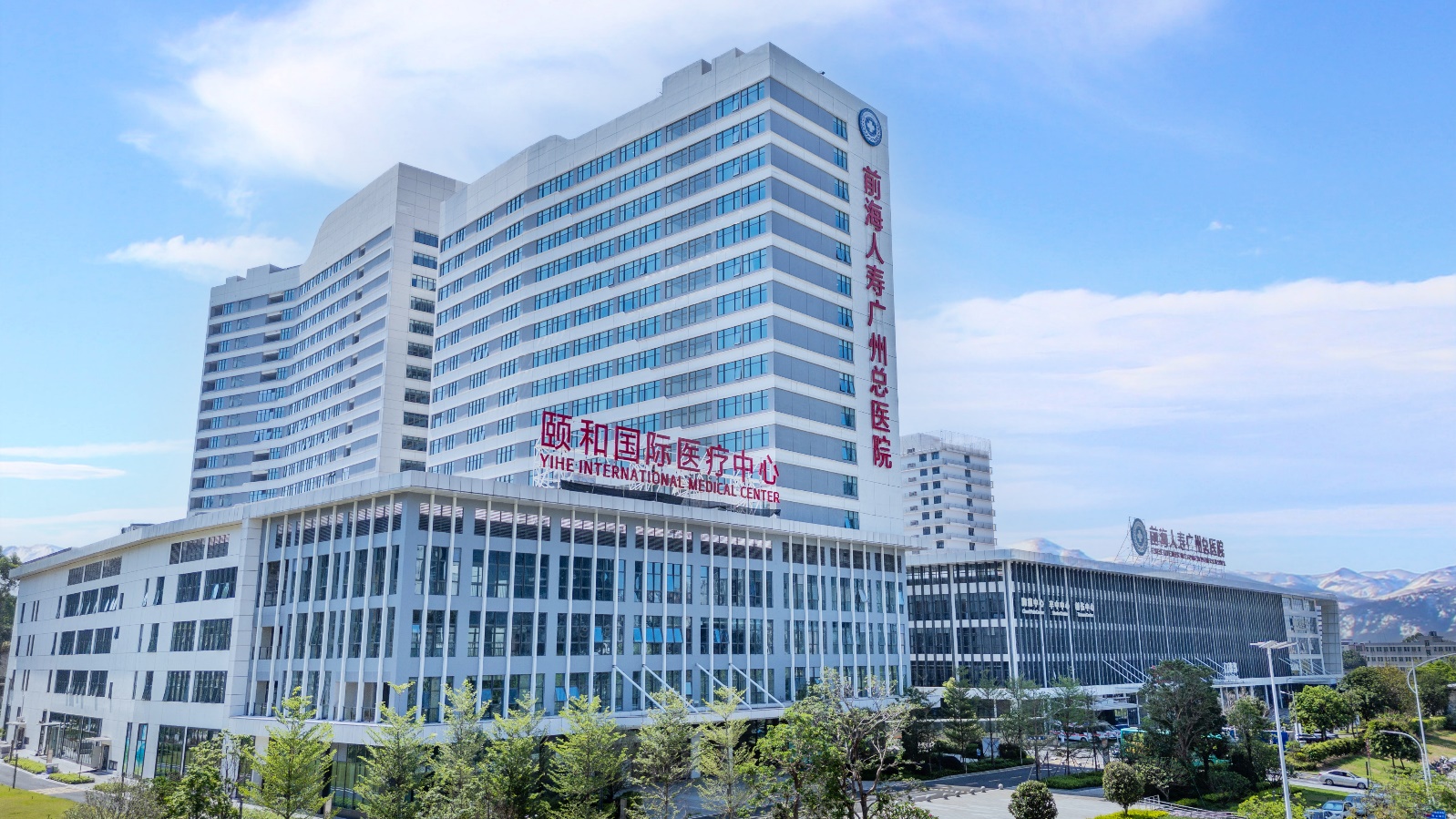- Home/
-
About Us/
-
Doctors and Services/
-
Ward and Services/
-
News/
As China's aging society rapidly approaches, Alzheimer's disease, often referred to as an “age-related illness,” has become a looming shadow over the aging population. Public data indicates that the prevalence of Alzheimer's disease in China is significant: 5% among those aged 65 and older, and as high as 30% among those aged 80 and older. Currently, there are over 10 million Alzheimer's disease patients in China, accounting for one-quarter of the global total.
The exact cause of the disease remains unknown. Patients gradually lose their cognitive and memory abilities, leading to dementia. As the disease progresses, they eventually lose their ability to care for themselves, not only losing their quality of life in old age but also imposing a heavy burden on their families. Currently, there are no ideal treatment methods for this disease. Early attention and intervention can yield good treatment outcomes. Early prevention, early diagnosis, and early intervention can slow the progression of Alzheimer's disease and improve the quality of life for patients.
Meanwhile, after decades of rapid economic development in China, the public's wealth has grown quickly, and their living standards and life experiences have improved significantly. An increasing number of elderly people are becoming aware of the importance of preventing Alzheimer's disease and taking action. However, most hospital physical examinations do not include cognitive assessments or related brain examinations, or they only check for tumors or blocked blood vessels, neglecting to examine the overall health of the brain.
In fact, even when patients show no symptoms, various methods such as brain MRI imaging can be used to precisely identify early signs of Alzheimer's disease through indicators and signs such as cerebral cortex thickness, brain volume, hippocampal volume, ventricular volume, and high signal intensity in white matter, enabling early intervention. Based on this, Foresea Yihe International Medical Center has launched a “Brain Health Assessment” examination package. Using advanced instruments to monitor brain electrophysiological activity and blood flow changes, it precisely captures subtle abnormalities in the brain's daily operations, sounding the alarm for “brain aging/degenerative brain diseases” in advance.

This package includes cranial MRA, cognitive assessment, electroencephalogram analysis, artificial intelligence brain imaging analysis, Alzheimer's disease biomarker testing, and other items. It utilizes GE Healthcare's advanced “GE Life Imaging Holographic Digital 3.0T MRI” equipment to ensure the accuracy and reliability of test results through cutting-edge imaging technology. AI analysis based on big data Utilizing a large database of Chinese brain age data, AI technology is employed for in-depth analysis, making the assessment more precise and tailored to individual needs.
foresea Yihe International Medical Center recommends that individuals over 60 years of age who exhibit symptoms of suspected brain degeneration or cognitive impairment should undergo this assessment and examination. For those with a family history of related conditions, assessment can begin as early as 35 years of age.
foresea Yihe International Medical Center is a high-quality, international medical service platform specially established by foresea Life Insurance Guangzhou General Hospital, committed to providing patients with a warm and high-quality medical experience. In addition to comprehensive medical services, the center features specialized departments such as the Comprehensive Cancer Treatment Center, High-End Obstetrics and Postpartum Care Center, Anti-Aging Center, and Specialized Rehabilitation Department. It is committed to offering patients a one-stop health management and general medical service that integrates professional customized high-end health checkups, full-cycle diagnosis and treatment, and comprehensive health management.
